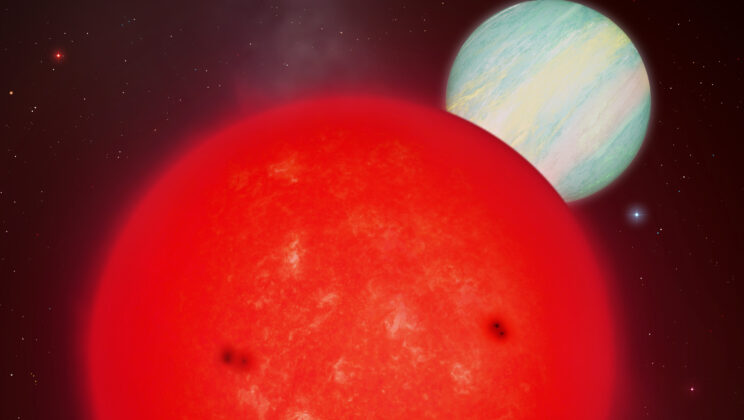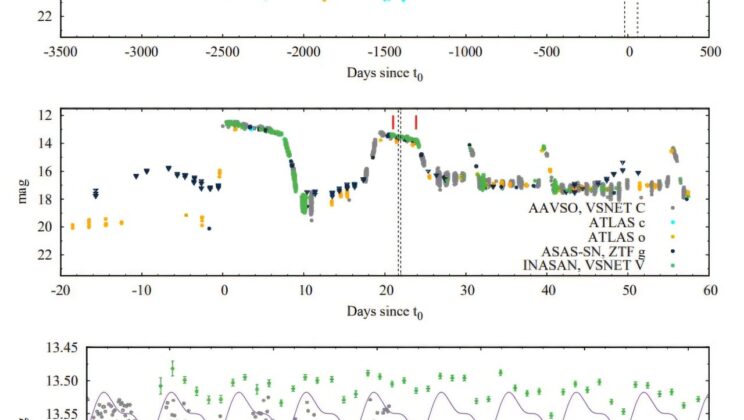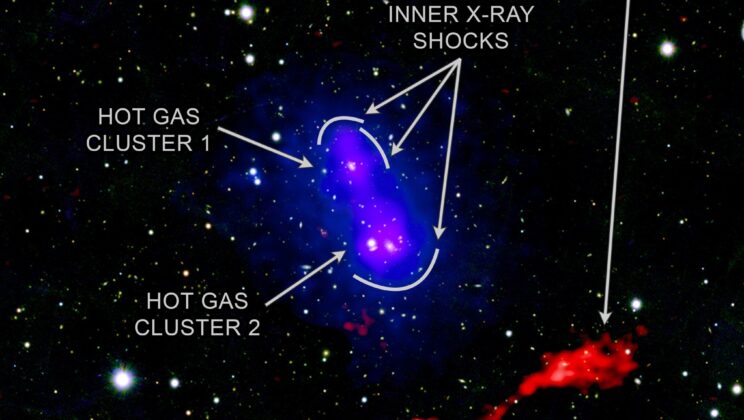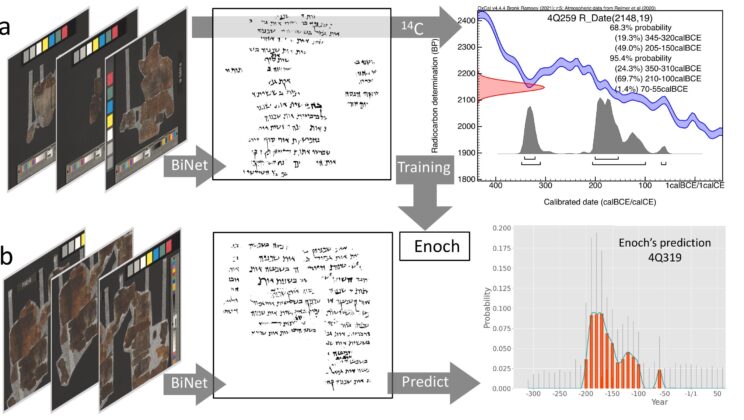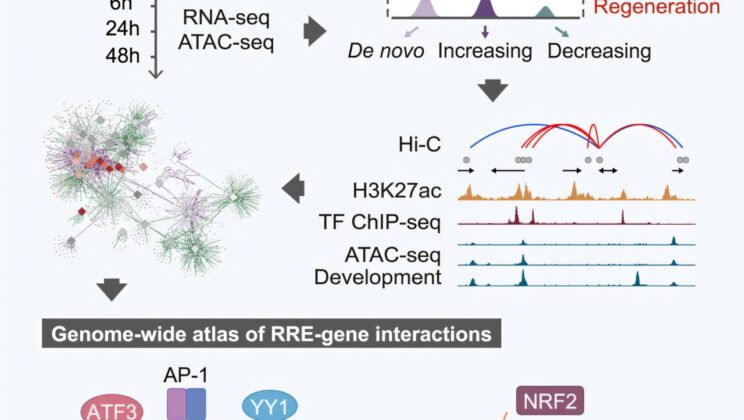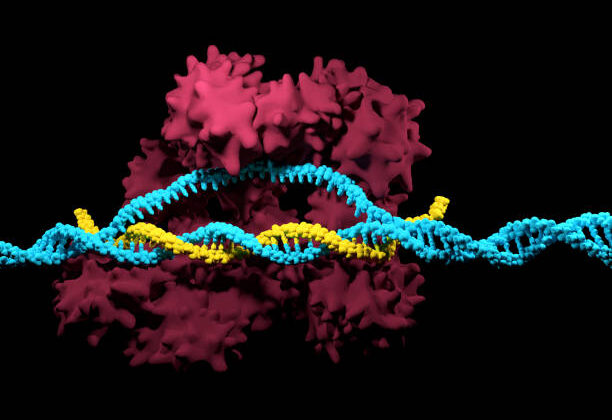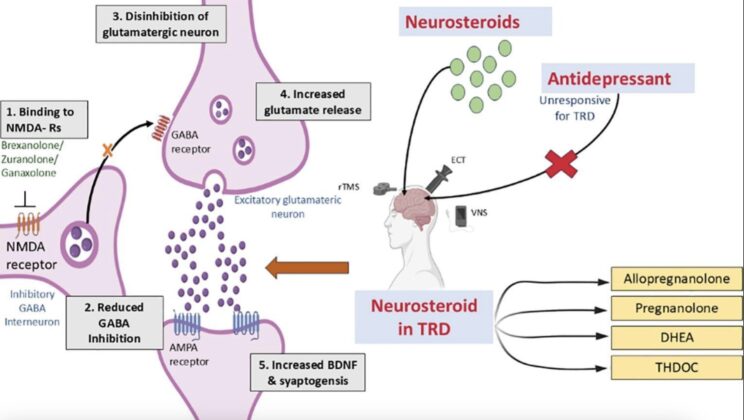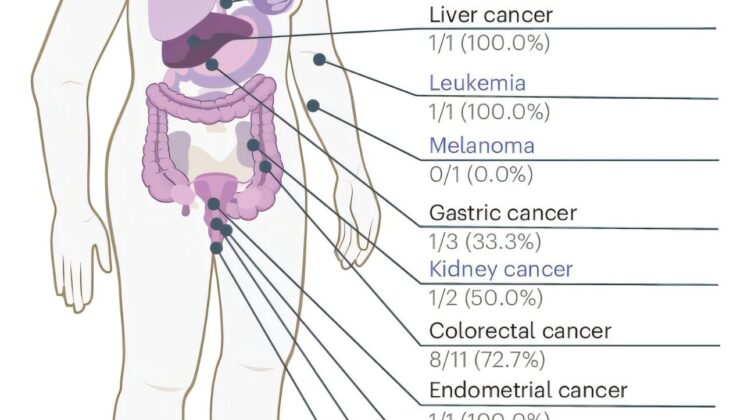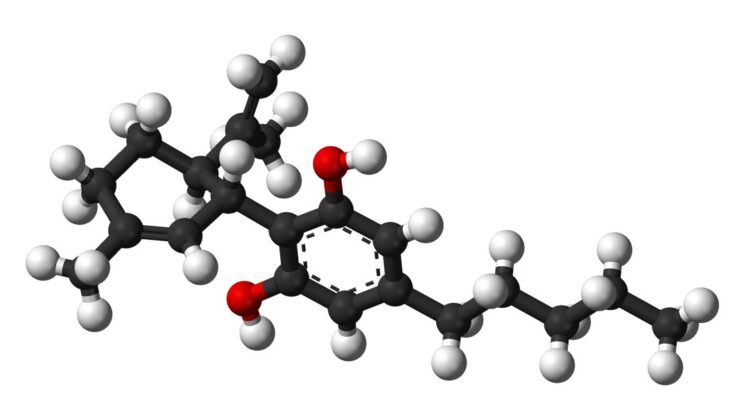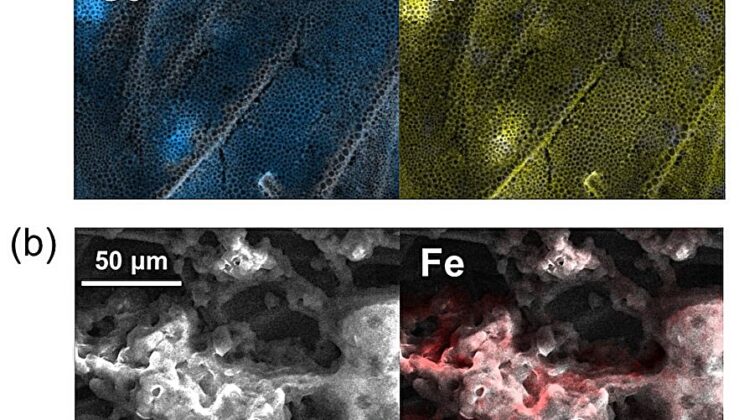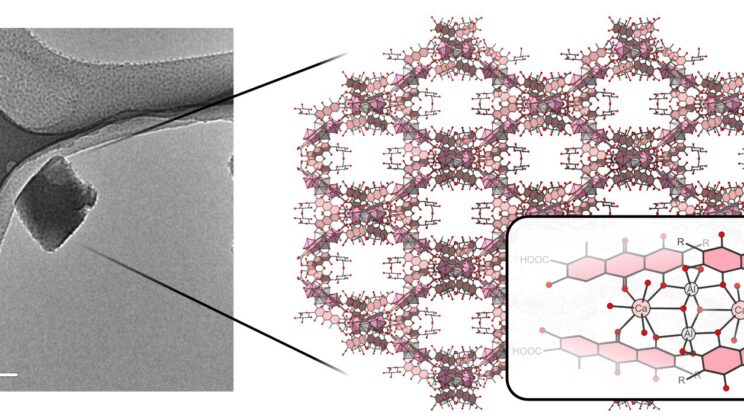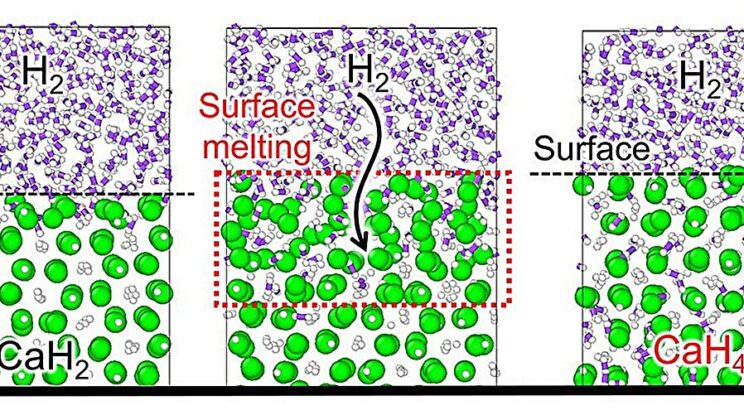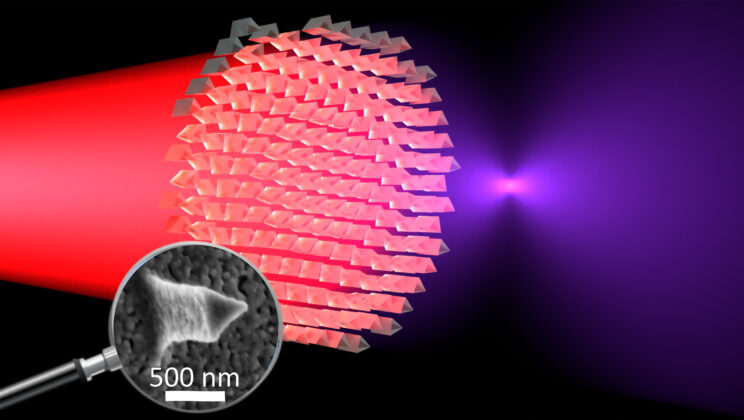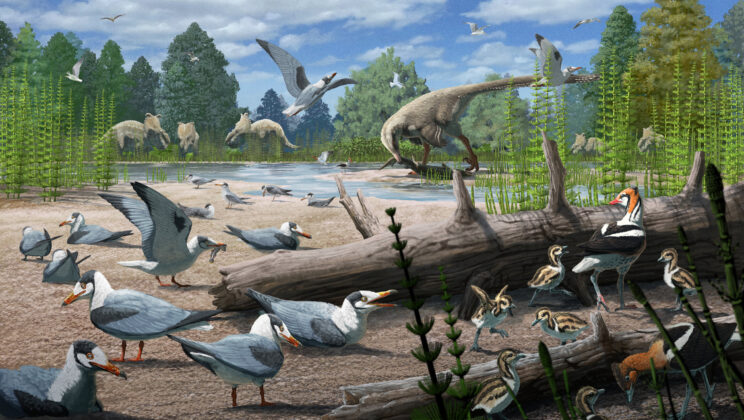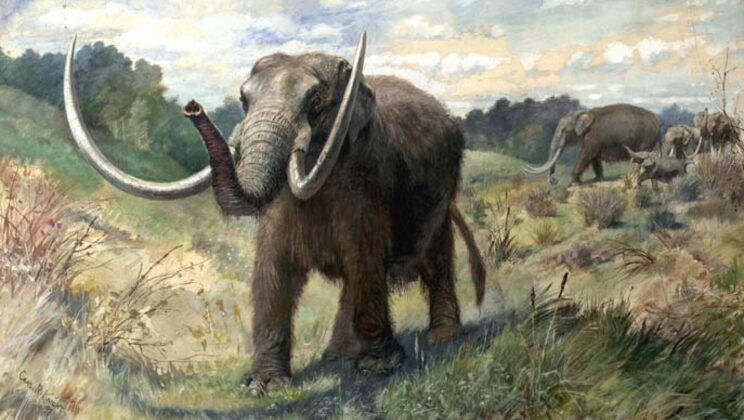The universe has a way of surprising us, often in the most unexpected corners. One of the latest cosmic curveballs…
The Universe’s Best Kept Secret J0722 Flashes Into Existence
In the grand theater of the cosmos, where stars burn and galaxies collide, some of the most compelling dramas unfold…
Cosmic Collision Sends Shock Waves Across 11 Million Light-Years
Out in the silent, ancient void 2.8 billion light-years from Earth, two colossal structures—each containing hundreds of galaxies, immense reservoirs…
Papua New Guinea’s Ancient DNA Unlocks the Origins of Oceanic Peoples
In the mountainous heartlands and coral-fringed coasts of Papua New Guinea, where more than 800 languages ripple through air heavy…
New AI Model Reveals the Dead Sea Scrolls Are Older Than We Thought
Few archaeological finds have gripped the imagination of the modern world quite like the Dead Sea Scrolls. Hidden in desert…
Dying Stars Unleash the Brightest Explosions in the Universe
In the remote corners of deep space, hidden behind veils of dust and separated from us by millions of light-years,…
Ancient Fossil Reveals Hoverflies Were Wasp Impersonators 33 Million Years Ago
In the rolling hills of Děčín in northern Bohemia, an ancient forest once thrummed with life—lush canopies, chirping proto-birds, and…
Beaten and Displayed the Forgotten Execution of a Woman in Early Medieval London
In the grey light of a 1991 autumn morning, archaeologists uncovered a mystery on the foreshore of the Thames River…
Eating the Rainbow Could Help You Live Longer and Stay Disease-Free
Could a cup of tea, a handful of berries, or a square of dark chocolate hold the secret to a…
Scientists Discover Genetic Switches That Trigger Liver Regeneration
Of all the human body’s organs, the liver holds a singular distinction: it can regenerate itself. This isn’t just folklore…
Gene Editing Surprises Scientists as Blood Stem Cells Show Signs of Aging
In the global race to cure genetic diseases, gene editing has long been hailed as the miracle scalpel of modern…
The Molecules in Your Brain That Could Defeat Depression
Depression is not just sadness—it is a smothering fog that dims the senses, drains vitality, and hollows out the mind.…
A Blood Test That Sees Cancer Before It Strikes
Imagine if cancer could be detected early—before it spreads, before symptoms appear, before it begins to chip away at the…
Scientists Discover Cannabis Molecules That Annihilate Deadly Fungal Infections
Fungal infections are often dismissed as minor nuisances—itchy skin rashes, athlete’s foot, yeast infections. But beneath that irritating surface lies…
New Polymer Technology Brings Precision and Sustainability to Drug Manufacturing
In the realm of molecular architecture, few puzzles are more fascinating—and frustrating—than that of enantiomers. These elusive pairs of molecules…
Scientists Unlock the Hidden Nanostructure of Carmine Pigment
Across ancient manuscripts, medieval frescoes, baroque oil paintings, and even the pink coating of modern candy, a vivid red pigment…
Machine Learning Cracks the High-Pressure Mystery of Superhydrides
Deep within the pressure chambers of cutting-edge laboratories, scientists have long been chasing a dream: the creation of superhydrides—materials capable…
Laser-Powered Breakthrough Creates Mini Accelerator That Fires Protons to Nearly Light Speed
For over a century, the dream of hurling subatomic particles to breathtaking energies has been tied to gigantic machines. From…
This Ultra-Thin Lens Can Make the Invisible Visible
In the heart of Switzerland, where tradition and technology blend seamlessly, a group of physicists at ETH Zurich have quietly…
Quantum Tango Unveiled How Atoms Dance on Metal
In the shadowy realm of atoms and molecules, where matter transforms, binds, and breaks apart, an invisible drama unfolds on…
Arctic Birds: 73 Million-Year-Old Nursery Discovered in Alaska
Each spring, as snow melts from the northernmost reaches of our planet, a symphony rises over the tundra. Loons trill…
Solving a 10,000-Year-Old Mystery: Proteins Reveal Why Megafauna Disappeared
When the last Ice Age began to ebb, the world teemed with creatures of astonishing size and strangeness. Towering ground…
